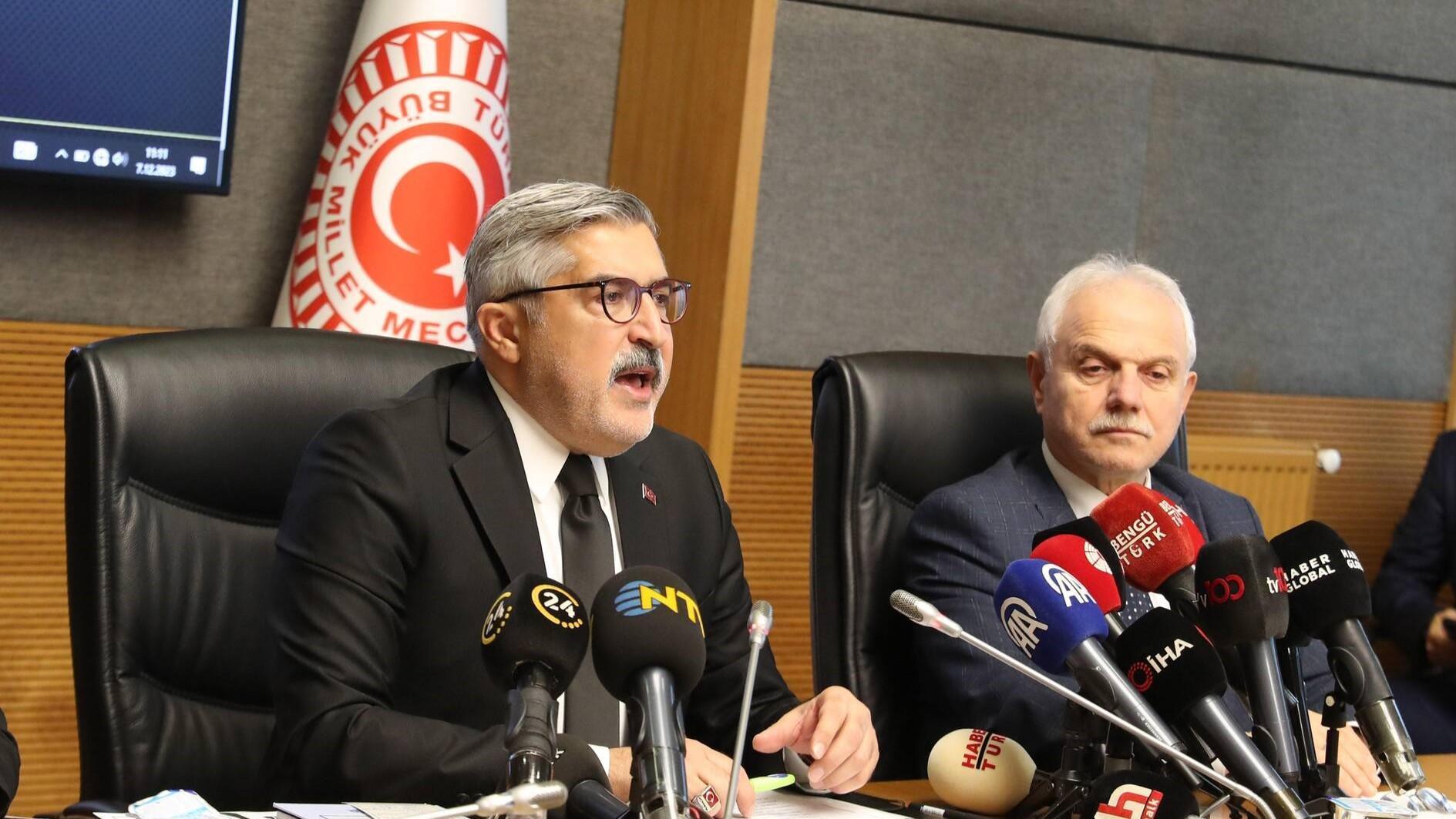
Turkish parliament's digital media commission head Hüseyin Yayman has announced plans to summon Google representatives after budget talks to discuss the implementation of digital royalties for online content in Türkiye.
"Whatever agreement Google adheres to in Brussels, London, Paris, we want the same in Ankara. This is our red line. We don't want Google to make double standards," Yayman said in an interview on private broadcaster A Para on Dec. 12.
Yayman, a deputy in southern city of Hatay from the ranks of ruling Justice and Development Party (AKP), outlined a multi-stage agenda, including the necessity to update the law on intellectual and artistic works, with both the Culture and Tourism Ministry and the parliament actively preparing for this legislative update.
He argues that the absence of such legislation in Türkiye leaves news outlets producing content without proper remuneration.
This call for action comes in the wake of Canada's recent agreement with Google, where the tech giant committed to paying approximately $74 million annually under the country's "online news law."
The parliamentary commission, led by Yayman, is actively engaging with representatives from the ministry, state-run Anadolu news agency, and Google to pave the way for negotiations, according to his statements made to daily Milliyet earlier this week.
In a related development, TikTok's representative to the Middle East, Africa, and Türkiye presented before the parliament on Dec. 7.
The presentation occurred in the midst of a broader debate in Türkiye surrounding TikTok, including allegations of money laundering and concerns over explicit content.
The recent arrest of influencer Dilan Polat, known for her luxurious lifestyle and millions of followers, on charges of money laundering and tax evasion had dominated the country's agenda, leading to investigations and asset seizures targeting numerous influencers.
The debate then extended to explicit content, particularly on TikTok, and the controversy surrounding income generation through such means.
TikTok representative Emir Gelen announced that over 16 million pieces of content violating community guidelines had been removed from the platform in the first nine months of the year.
In response to the scrutiny, TikTok officials have decided to "reassess their policies and rules in Türkiye to align more closely with societal sensitivities," Gelen said.